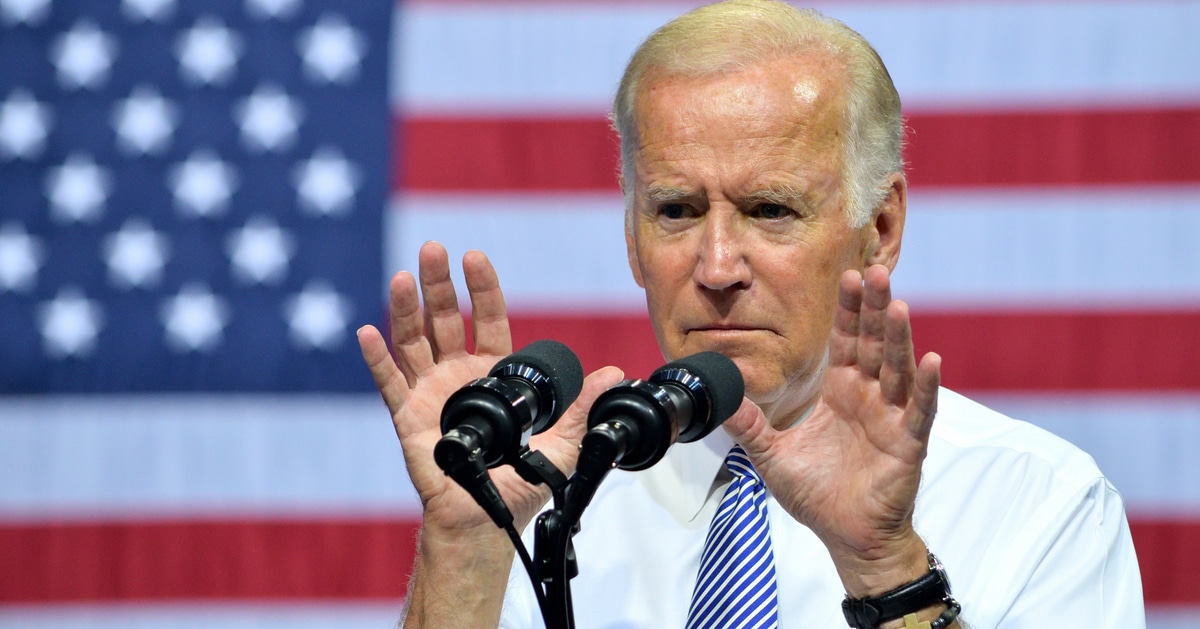

Three Republican-led states are asking the Supreme Court to intervene against President Joe Biden’s student loan plan, which they claim will result in unlawful debt cancellation costing hundreds of billions of dollars.
The states argue that the plan, which includes measures to limit payments and establish forgiveness schedules for certain borrowers, constitutes an illegal act that will heavily burden taxpayers.
Forbes reported that the states' petition arose out of concerns over the financial implications of Biden's SAVE (Saving on a Valuable Education) plan. The plan aims to assist borrowers by limiting monthly payments and offering loan forgiveness after a set number of years, depending on the loan amount.
Republican-led states argue that this policy will effectively erase vast amounts of student debt, contributing to what they see as an illegal transfer of financial responsibility to the public.
South Carolina Attorney General Alan Wilson expressed these concerns clearly, stating, "The Supreme Court already ruled the Biden administration doesn’t have the authority to waive hundreds of billions of student loan repayments, but President Biden is trying to go around that and do it anyway," adding that it would saddle taxpayers with "paying off billions of dollars of these students’ debts."
On June 24, two federal judges responded to the states' objections by partially blocking components of Biden’s plan, which were due to be implemented on July 1. This initial injunction indicated a level of judicial agreement with the states’ proposition that parts of the plan may indeed be unlawful.
In response to this, the administration lodged an appeal, seeking to uphold the plan in its entirety. This led to the involvement of the 10th Circuit Court of Appeals, which delivered a nuanced ruling on June 30.
The 10th Circuit Court of Appeals issued a decision permitting reduced monthly student loan payments to start in July, even as the legal battles continued. This was a partial victory for the administration, as it allowed some elements of the SAVE plan to proceed, lessening the immediate burden on borrowers amid ongoing litigation.
However, the ruling did not lift the block on one key aspect of the SAVE plan: the forgiveness of loans originally amounting to $12,000 or less after 10 years, down from the standard 20 or 25 years. This provision remains stalled, leaving many borrowers in limbo about their long-term repayment prospects.
The petitioning states have turned to the Supreme Court, requesting that it grant certiorari before the lower court completes its final judgment. Their goal is to prevent what they describe as ongoing harm caused by the program’s execution.
The states argue that allowing parts of the plan to continue during litigation could result in widespread financial repercussions and create substantial debt reliance, which may not be reversible.
This legal confrontation presents a significant test for the Biden administration as it seeks to implement its student loan policies amidst substantial opposition. The high stakes of this case underscore the broader debate over the federal government's role in managing and forgiving student debt.
If the Supreme Court agrees to hear the case ahead of a full judicial review, it could quickly clarify the legal standing of the SAVE plan, either fortifying the administration's policies or requiring substantial modifications to ensure compliance with judicial mandates.
As the legal proceedings unfold, borrowers face uncertainty. Those who expected relief through the now-blocked loan forgiveness provision must await further judicial decisions, while those eligible for reduced payments can benefit immediately from the appeals court ruling.
For borrowers, the implications of this legal battle are profound and immediate. The question remains: will the Supreme Court intervene to halt the Biden administration’s efforts, or will it allow the changes to proceed?
The Supreme Court's potential review will be a crucial moment for federal student loan policy. This case represents a convergence of legal frameworks, administrative authority, and the financial well-being of millions of Americans.
The outcome will likely influence future administrative attempts to alter or implement policies affecting broad financial sectors. It also highlights the ongoing partisan debates over the scope of federal authority and fiscal responsibility.
The Supreme Court’s decision on whether to grant an early review of the case will have significant ramifications.
Observers, policymakers, and affected parties will closely monitor the developments, awaiting a resolution that balances legal boundaries with financial relief efforts.
As this case progresses, it serves as a reminder of the complexities and contentious nature of student loan policies in the United States.



